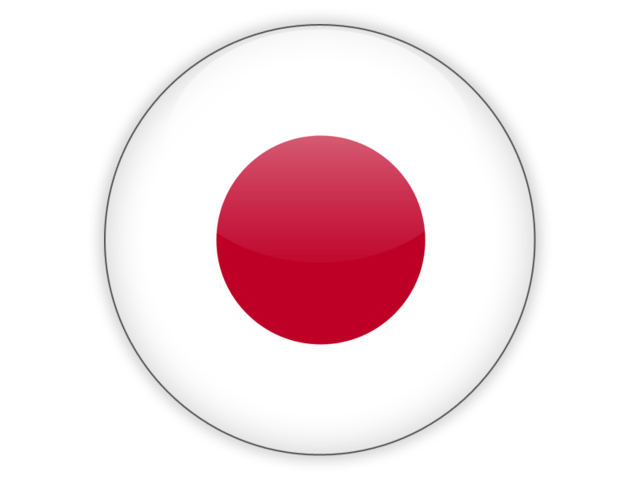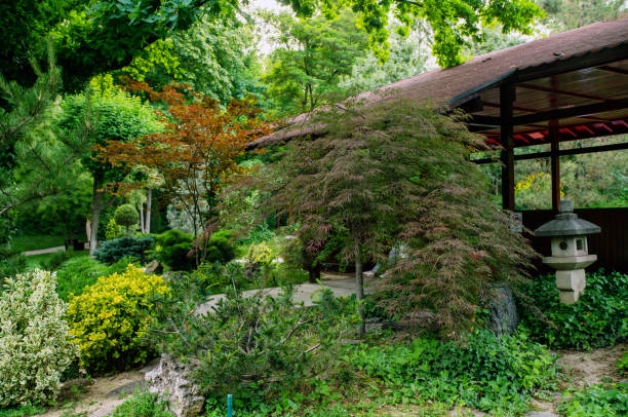How did a corner of Japanese culture appear in Tashkent?
Address: Amir Temur Street, 107, Yunusabad district, near Tashkentland Children's Park
Phone: +998 71 235 02 50
Operating hours: 10:00 AM - 7:00 PM.
In 1947, development began in what is now the Yunusabad district. This area was transformed with the help of Japanese prisoners of war, creating Victory Lake and planting trees for the park. Uzbekistan decided to preserve this Japanese heritage, honouring the creators of this oasis in the urban setting. The garden officially opened on August 25, 2001.
The Japanese Garden in Tashkent is a unique attraction near the city centre, next to the Uzexpocenter National Exhibition Centre. It's a secluded natural spot that reflects Japanese cultural values and worldview, woven into the organic landscape design. Visitors come here to dream, spend time with loved ones, and escape the hustle and bustle of the city. Its location by the lake, where swans, ducks, and fish swim, adds to the serene atmosphere. Occasionally, exotic peacocks come out to strut and pose for photos.
The Park features several architectural and decorative structures in Japanese style:
Pagodas: shelters or pergolas for contemplation, relaxation, or leisurely conversation
Chashitsu: tea houses, the soul of the garden, known for their simplicity and modesty. They reflect the natural lines of mountain huts and Buddhist temple roofs. To enter, visitors must bow symbolizing equality in this space. Inside, you'll find items for traditional Japanese tea ceremonies and colourful national costumes adorn the walls.
Furin: wind chimes that ring upon entering, believed to ward off illness and evil
Hasi: wooden garden bridges symbolizing a path's continuation on flat ground.
Tsukubai: stone basins holding water for purification
Subtle Japanese lanterns with paper shades, placed near bridges
Bamboo fences symbolize seclusion without isolation
Sekitei: a sacred stone garden. This tradition of stone compositions began in the 14th century and involves magical numbers, aiming for a "3" as a symbol of the Buddhist triad. Circular lines surround the stones.
Japanese meticulousness is evident in every detail of the garden – from the flawless lawns to neatly trimmed bushes. These reflect the spiritual principles of Japanese park culture and the national character – achieving inner harmony by caring for the external.
Take your time, observe the elements, and let go of worries – you'll connect with the spiritual values of the Japanese, understanding their essence behind exotic facades and characters.
In this stylish, elegant, and aesthetic space, newlyweds often have wedding photoshoots. Visit the Japanese Garden in Tashkent to relax, enjoy the fresh air, and immerse yourself in Eastern style, peaceful colors, and nature's treasures – birds, flowers, plants, and shady trees. With each step, your mood will become more serene, in line with the garden's concept.
Children under 3 enter for free, and seniors receive a 50% discount.









